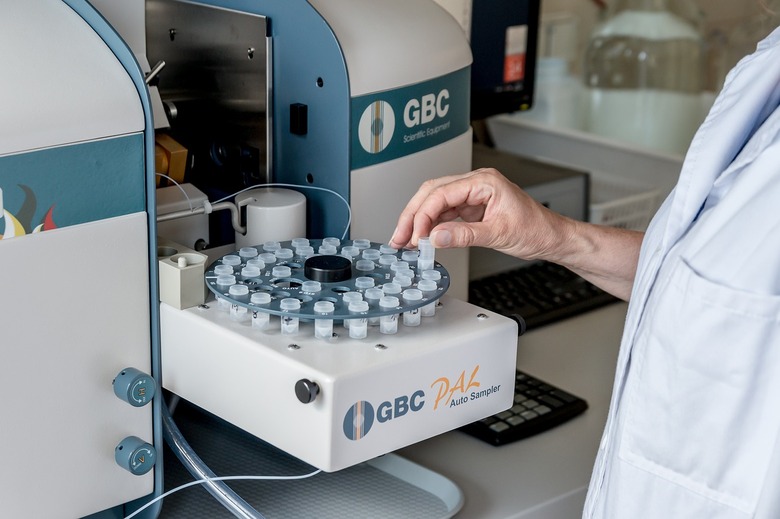WHO Reveals Huge Plan For Human Genome Editing Research Registry
Human genome editing will be the subject of a new global registry, the World Health Organization has confirmed, tracking the controversial research as scientists navigate both practical and ethical concerns. While the potential benefits from gene editing could include curing diseases and reducing healthcare costs, critics argue DNA manipulation could just as easily lead to irreversible damage.
As a result, genome editing has been significantly limited. In the US, for example, heritable germline editing in humans – that is, the editing of genes to cause changes that could be inherited by a persons' offspring – has been banned. That hasn't stopped scientists from demanding more flexibility from regulators, as they hunt for advancements in medicine.
That pressure has made some headway, albeit limited. Back in 2017, a panel formed by the U.S. National Academies of Sciences, Engineering and Medicine tentatively recommended that human gene editing be permitted, but only in extreme conditions. That could mean cases where individuals may be at risk of inheriting severe diseases that have no other means of prevention.
With different countries taking different tacks, the World Health Organization (WHO) is now suggesting a way to at least monitor what genetic manipulation research may be underway. While the WHO still maintains that no further human germline genome editing in clinical applications should be continued, at least until both technical and ethical implications have been worked through, it does recognize that attitudes vary.

"Since our last meeting, some scientists have announced their wish to edit the genome of embryos and bring them to term," Dr Tedros Adhanom Ghebreyesus, WHO's Director-General, said in a statement on the registry. "This illustrates how important our work is, and how urgent. New genome editing technologies hold great promise and hope for those who suffer from diseases we once thought untreatable. But some uses of these technologies also pose unique and unprecedented challenges – ethical, social, regulatory and technical."
The result will be the International Clinical Trials Registry Platform (ICTRP). Operated by the WHO, it will track both somatic and germline clinical trials. Researchers are being asked to voluntarily register any trials they may be undertaking.
It's early days still, and the Committee will be working with various stakeholders to figure out exactly how the ICTRP should operate. It's also unclear what will happen if researchers fail to register their work, and simply continue to undertake human genetic editing trials regardless. That will presumably be part of the new consultation on the governance of genome editing.
